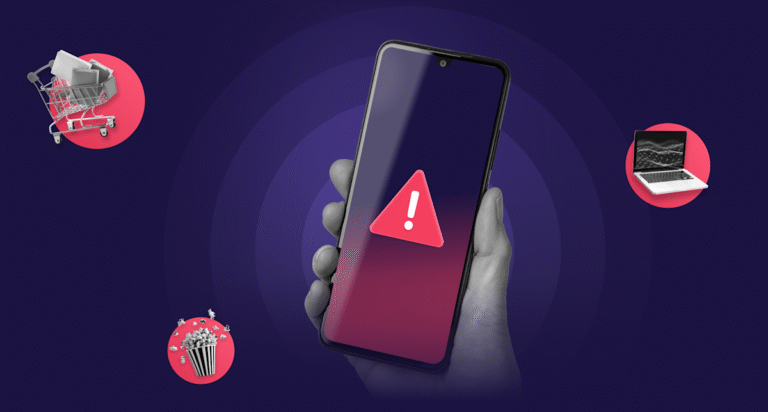Proton, the company behind and other encrypted apps like Proton Mail and Proton Drive, just launched a new web page called the that aims to make accurate cybercrime data more widely accessible. The Observatory is intended to be a continually updated report that records any data leak detected on the dark web, with information sourced from the underground data marketplaces themselves.
The reason for the Observatory, according to Proton, is that too many studies of cyberattacks depend on organizations reporting when they’ve been hacked. A company might not make a data breach public for fear of backlash from customers, regulators or stockholders. Although it’s impossible to tell how many breaches aren’t reported, Proton believes it’s a significant portion.
Compounding the transparency problem, most stolen data is advertised and traded on dark web markets that are hard to trace without specialized knowledge, like how diamond thieves don’t tend to fence their loot at above-board jewelry stores. In other words, while most people know that personal information is frequently stolen and leaked, it’s very difficult to know how much data is getting stolen, how often breaches occur and who’s buying and selling the goods.
Proton’s solution is to monitor the dark web itself, watching locations where data thieves go to advertise stolen information. By keeping an eye on these exchanges, Proton believes the Data Breach Observatory will be able to warn victims as early as possible, including before the targets themselves are aware of the leak. Making breach reports available in one place is also meant to educate the public about the actual size and scope of cybercrime, while making it harder for companies to keep quiet about getting hacked.
Proton plans to update the Observatory in “near real time,” working with a risk detection firm called . It remains to be seen whether they’ll be able to keep up the workload — according to Proton’s own research, around 1,571 data breaches have occurred in 2025 so far, compromising well over 100 billion records. A clearing house for reporting on all of those definitely sounds valuable, but at around five breaches a day, it’ll be a busy page.


